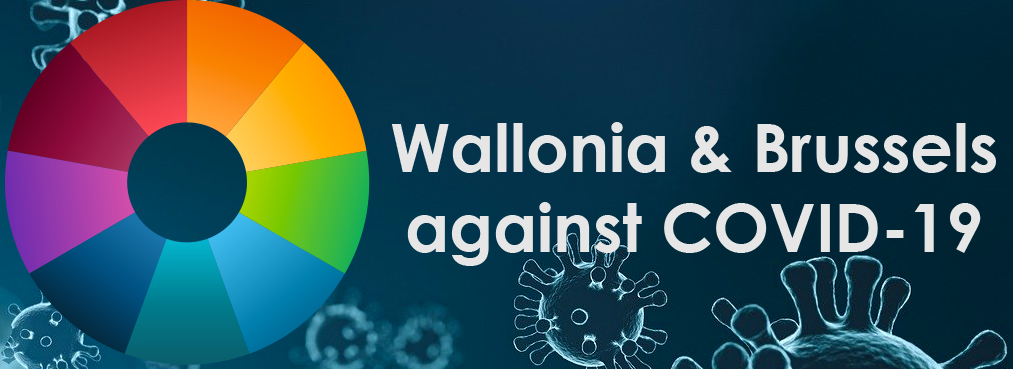Justine Gaugue, Professor, Laurence Ris, Professor - Mandy Rossignol, Professor
UMONS
" The UMONS Health Research Institute, on the initiative of Justine Gaugue, Laurence Ris and Mandy Rossignol, in collaboration with the MUMONS, have set up a user-friendly and pleasant website (www.home-stress-home.com) for children and young people, containing information, resources and a link to an online survey to assess anxiety levels. The data will be collected for research purposes to better understand the development of anxiety disorders in often neglected populations: the children and the young adults in school or early working life. This interface, based on the results of the survey, will make it possible to provide personalized feedback to the user, in order to direct him/her towards relaxation strategies or specialists if the level of anxiety measured is very high. Other surveys and tools will be added later on to allow longitudinal monitoring of the impact on mental and physical health of the stress generated by the current crisis. The objective is to develop this...
Read more: Justine Gaugue, Professor, Laurence Ris, Professor - Mandy Rossignol, Professor


